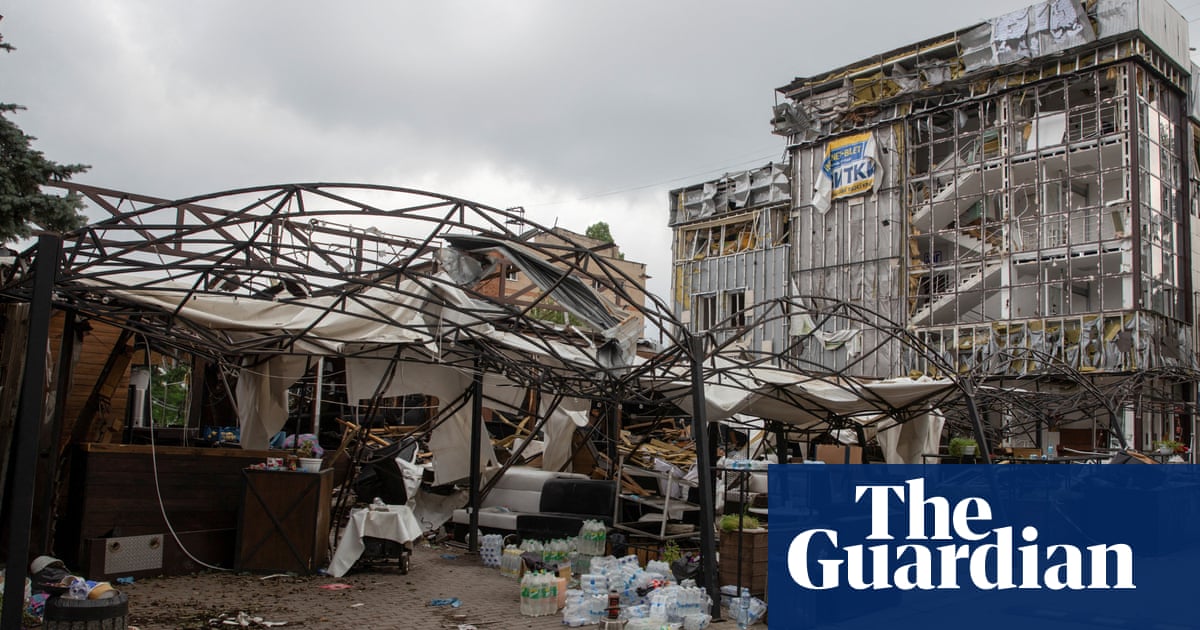
A Ukrainian man who converted almost all his family’s money into the crypto “stablecoin” terra in April in an effort to protect against the risks of invasion or currency collapse has lost almost $10,000 (£8,000) after its sudden demise.
“It was impossible and unsafe to store funds in the form of banknotes,” said Yuri Popovich, who lives in Kyiv. Cryptocurrencies advertised as safe and “backed with fiat currency” suggested another option.
Unlike most cryptocurrency purchases, buying a stablecoin isn’t intended to be a risky investment. The tokens, with names such as “terra”, “tether” and “USD coin”, are supposed to maintain a fixed value of one token to one US dollar. “I am not a speculator; I just wanted to save money,” Popovich said.
But when terra collapsed in early May, as well as sparking a broader meltdown in the cryptocurrency sector, it wiped out the savings of retail investors. “I stopped sleeping normally, lost 4kg; I often have headaches and anxiety,” Popovich said. “My wife still doesn’t know about this loss. I don’t know how to tell her.”
His savings, according to a screenshot seen by the Guardian, are now worth less than $500. “This is a colossal amount for us, and in the current situation it is critically important for life. I fear for my wife’s health, my health and our relationship. I don’t even know how it will end.”
Popovich is one an unknown number of retail investors who lost money in the collapse of terra, which at one point had almost $50bn invested in it and is now worth barely $1bn. As well as those looking for a safe place to keep their funds, others were lured in by the promise of interest rates topping 20% a year, in a currency that was theoretically pegged to the dollar.
But the interest rates, and ultimately the stability of the currency itself, relied on the continued interest of investors. That property led many to accuse terra, and other similar tokens, of effectively being a Ponzi scheme.











